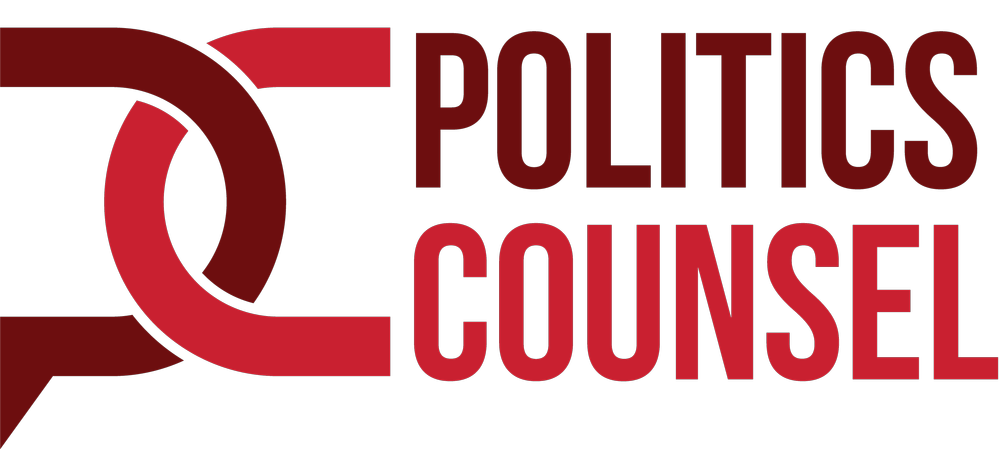By Mark R. Weaver
May 17, 2022
This article was originally published on the Washington Post.
Mark R. Weaver, a media law attorney and communications consultant based in Columbus, Ohio, is the author of “A Wordsmith’s Work.”
The next senator from Ohio — a reddening state — will likely be J.D. Vance. Donald Trump’s endorsement in hand, Vance bested six other Republicans on Tuesday and Cleveland Plain Dealer politics reporter Seth A. Richardson judged him“clearly the favorite” to win in the fall against his Democratic opponent, Rep. Tim Ryan.
How did it happen? For starters, it wasn’t all about Trump. Too many incorrectly ascribe every good outcome to Trump’s purported brilliance or blame every bad thing on his supposed malevolence. Neither voters nor Trump himself are so one dimensional or easily analyzed.
Yes, Trump’s endorsement boosted Vance from a distant third place. Endorsements can help a candidate, but they are most effective when made by a popular endorser (as here) on behalf of an unknown or undefined candidate —which, by the time the endorsement was bestowed — doesn’t describe Vance.
Also, by the time Trump finally backed Vance on April 15, tens of thousands of Republican voters — including red MAGA hat owners — had already cast early ballots for other candidates or had settled on their choices. And the endorsement wasn’t exactly a ringing one: Speaking about the GOP Senate field on Tuesday, Trump said, “they’re all very good.” Nearly 70 percent of voters in the primary didn’t vote for the Trump-endorsed candidate. Trump’s late timing might well have blunted the full effect of his support.
As important to the Vance victory was the assist from an ally who was earlier to the barricades — Peter Thiel, who weighed in with $15 million in rather savvy super-PAC support. Vance was also aided by competitors who either peaked too early or brought subpar efforts.
What probably contributed little to Vance’s success was his best-selling memoir, “Hillbilly Elegy.” The book was more popular with the NPR and Whole Foods crowd, who typically vote in Democratic primaries. He would have gotten more traction with many likely Republican voters from his repeated appearances on Tucker Carlson’s FoxNews show.
So, what can the rest of the nation learn from all this?
First, the former president might be more prudently spending his political capital. Consider this: Of all the Ohio U.S. Senate wannabes Trump could’ve endorsed, he chose the one who had said the harshest things about him. Trump, in a nonstrategic revenge mode, might have embraced any of the other candidates groveling for his approval. Instead, he wisely overlooked Vance’s past barbs and chose with head rather than heart. Trump has endorsed about 130 candidates this cycle — many of them incumbents in safe seats — and we’ll know in November whether his seemingly newfound political shrewdness is taking hold.
Second, populism is now an oak-hard structural beam in the party that Abraham Lincoln built and that Trump now dominates. Country-club Republicans who drink fine wine, drive expensive cars and resent tax increases find themselves in political alliance with country-music Republicans who drink domestic beer, drive work trucks and resent government mucking up their lives.
Third, money matters as never before. An open Senate seat is as rare as a loyal cat and much more valuable. People with money to burn will eagerly light it afire if consultants make even a halfway convincing case that it could result in a Senate win. I have advised campaigns all around the United States, but I’ve never seen so much money expended on a single statewide primary. All told, 21 issue groups and 10 campaigns spent in the neighborhood of $100 million on this one. Free speech has never been so expensive.
With several self-funding candidates in the race, it was difficult for anyone to sustain a lead — creating the most wide-open primary Election Day in decades. We’ve turned a gilded corner onto a shiny street where the wealthy (and their even wealthier friends) can buy name recognition and avoid the kind of scrutiny of character and policy that comes with running for and achieving local offices before running statewide. Mike Gibbons, who spent about $14 million of his own money, seemed especially unprepared for such a steep endeavor and would have been a liability in the general election.
One other takeaway: Remember that the Trump stamp of approval might have hurricane strength in some Republican primaries but dwindles to a drizzle in a general election. By November, partisans will support fellow partisans. But independents — who will likely lean heavily toward the GOP this cycle and dictate many results —don’t care much about what Trump recommends. Vance may be the midterms favorite, but he’s smart enough to know that he can’t coast to victory on Trump’s backing alone.
